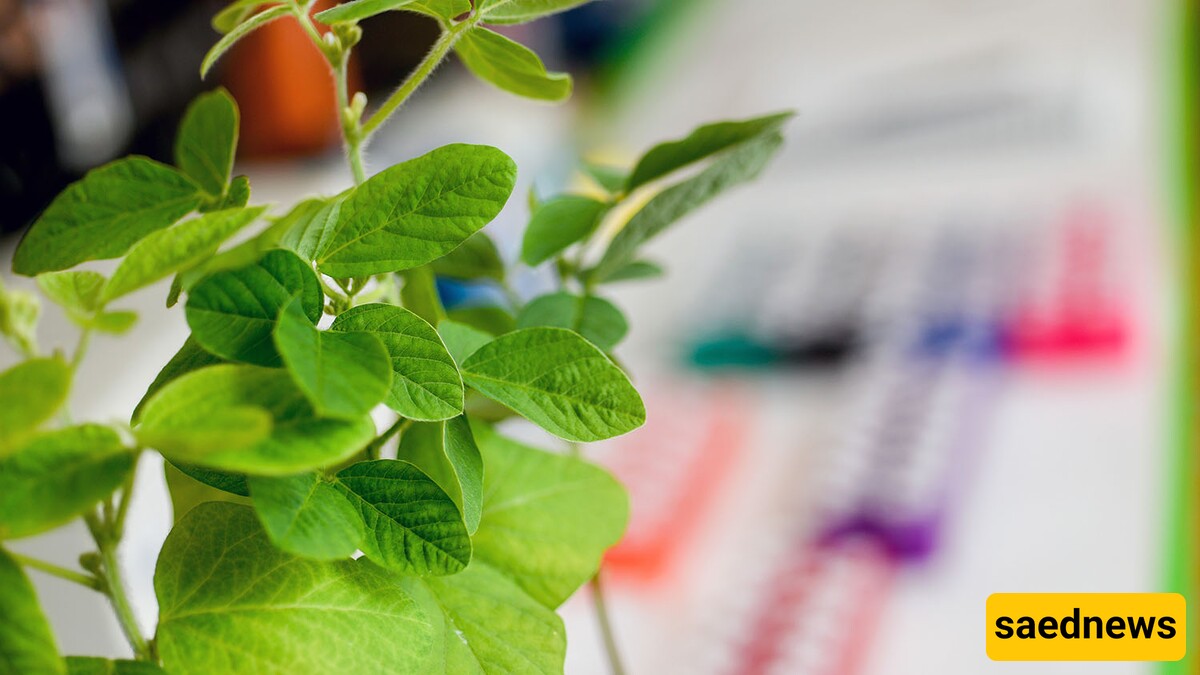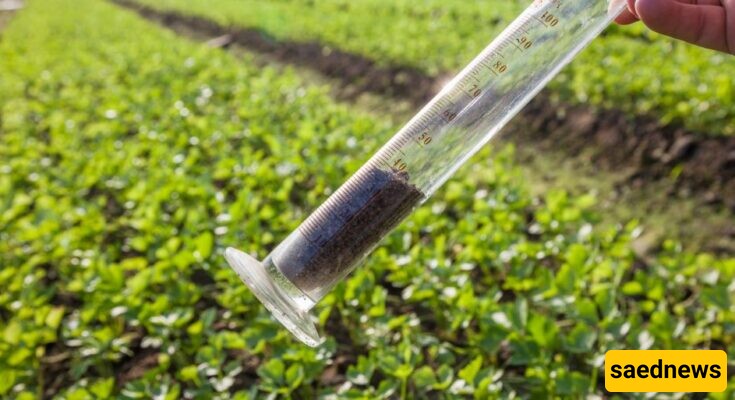SAEDNEWS: Gene editing in agriculture has the potential to increase crop resilience, boost yields, and address global food demands. But is it the solution to farming’s future, or are there hidden risks? This article examines the science, benefits, and ethical questions surrounding gene editing in food production.

According to SAEDNEWS, with the global population on the rise, agriculture must evolve to produce more food using fewer resources. Gene editing, particularly through CRISPR-Cas9, offers scientists a precise way to alter plant DNA, enhancing qualities like drought resistance, pest tolerance, and nutritional value. As countries weigh the benefits of gene-edited crops, the technology’s potential to transform farming has sparked both optimism and debate.
Gene editing is a method that allows scientists to make specific changes to an organism’s DNA. Unlike traditional genetic modification, which involves adding foreign genes, gene editing targets the plant’s own genes. The CRISPR-Cas9 tool acts like scissors, making exact cuts in DNA to alter genetic material. This precision makes gene editing particularly appealing for developing crops with desired traits, offering a more targeted approach than older GMO methods.

Gene editing offers numerous advantages over traditional breeding and GMO techniques, especially in terms of speed and accuracy. Here’s how it could benefit agriculture:
With climate change causing more frequent droughts, pests, and extreme weather, farmers worldwide face significant challenges. Gene editing allows for crops to be tailored for greater resistance to these stresses. For example, drought-tolerant varieties of rice and wheat are being developed, which could help protect food supplies in regions threatened by water shortages.
Gene editing can improve the nutritional profile of staple crops, which is especially beneficial in areas with limited food variety. Crops like rice and cassava are being edited to contain higher levels of vitamins and minerals, potentially helping to combat malnutrition in developing countries.
Gene-edited crops can potentially reduce the need for chemical inputs. By making crops more pest-resistant, pesticide usage can be lowered, while nutrient-efficient plants could reduce fertilizer needs. These improvements benefit both the environment and the financial sustainability of farming.
Traditional breeding can take years, sometimes decades, to produce new crop varieties. Gene editing accelerates this process, allowing scientists to develop improved crops in a fraction of the time. This speed helps agriculture adapt more quickly to shifting environmental conditions and market demands.
The rapid advancement of gene editing raises questions about safety, ethics, and regulations. Countries vary in their approach to regulating gene-edited crops, with some treating them differently from traditional GMOs. However, a global regulatory framework has yet to be established, creating challenges around safety, transparency, and ethical considerations.
Some scientists and activists caution that gene editing could have unintended consequences, as altering one gene may impact others in unpredictable ways. Rigorous testing and oversight are needed to ensure that gene-edited crops do not pose risks to ecosystems or human health.
Consumers increasingly demand transparency in their food sources. Although gene editing is distinct from traditional GMOs, concerns remain. Many advocate for labeling gene-edited products to inform consumers, while others argue that such labeling could create unnecessary fear around the technology.
There is an ongoing debate about the ethics of genetic manipulation in agriculture. Some argue that humans should limit interference with nature, while others believe gene editing is necessary for addressing food security and environmental concerns. Balancing these perspectives is crucial for gaining public support and ensuring ethical development.
Countries like the United States, Brazil, and Japan have started approving gene-edited crops for commercial use. In the U.S., CRISPR-edited mushrooms that resist browning and high-fiber wheat have been introduced to the market, while Brazil is developing drought-resistant soybeans. These examples underscore the global interest in gene-edited crops, even though acceptance varies.
Public views on gene editing in agriculture are mixed, often shaped by concerns over safety, ethics, and transparency. Supporters emphasize that gene editing is a safe, precise technology with great agricultural benefits. Skeptics, however, highlight the need for long-term research. Educating the public on the differences between gene editing and traditional GMOs could help build understanding, while clear communication may support informed discussions.
Gene editing holds significant promise for addressing global food and environmental challenges, but its future will depend on careful regulation, ethical use, and public trust. As research continues, gene editing could reshape agriculture, providing tools for more sustainable food production. Balancing innovation with responsible practices will be key to determining gene editing’s role in the future of farming.
Innovation or Unforeseen Risks?
Gene editing is a powerful tool for modern agriculture, offering opportunities to enhance food security and sustainability. However, thoughtful consideration of the risks, benefits, and ethical implications is essential to ensure its responsible use. While gene editing has the potential to revolutionize agriculture, achieving this vision will require collaboration among scientists, regulators, and consumers.

